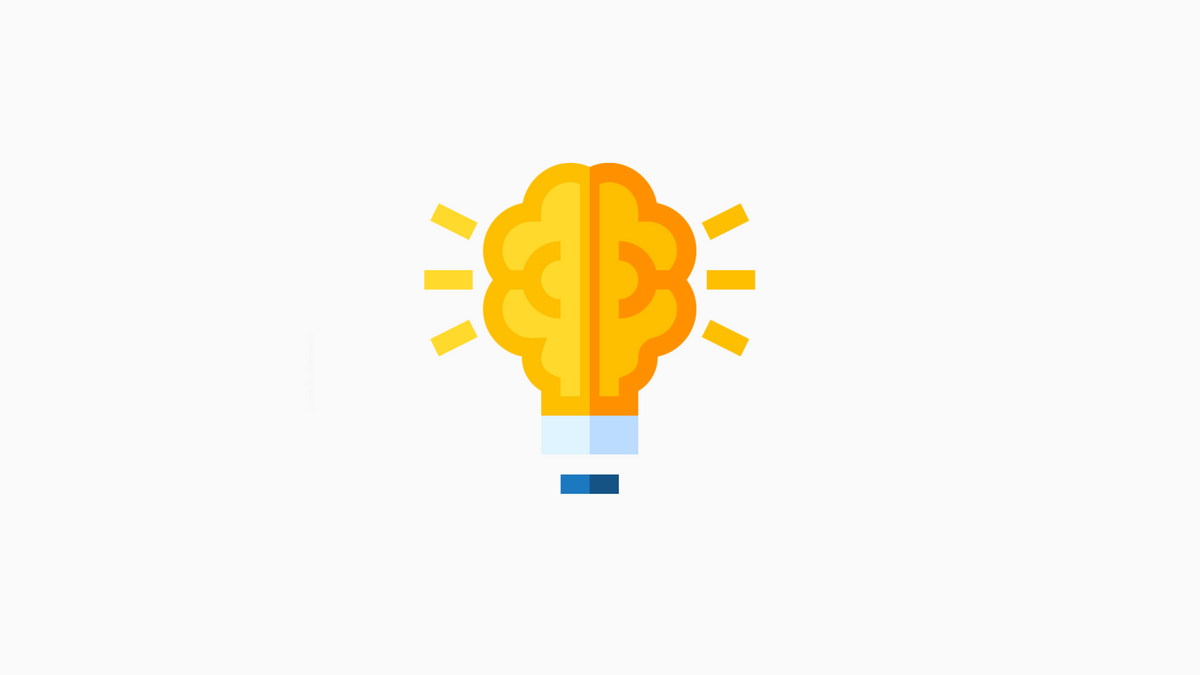What is Logical Thinking?

Logical thinking is a process of using reason to analyze information and reach a logical conclusion.
It involves breaking information down into smaller parts and identifying the relationships between those parts. This allows you to see the big picture and understand how the individual pieces fit together.
Logical thinking is essential for making sound decisions, solving problems, and reaching conclusions. It enables you to see both sides of an issue and consider all possible outcomes. In addition, you can weed out invalid arguments and false information and make sense of complex situations by thinking logically.
Logical thinking also helps you communicate effectively and persuasively. You can use it to build strong arguments and support your points with evidence. When you think logically, you can be confident in your decisions and better able to withstand scrutiny from others.
The basics of logical thinking
Logical thinking is a process of using reason to deduce the truth or falsehood of a statement. It’s a way of thinking that allows us to see beyond appearances and understand the underlying principles at work in any situation. To be a good thinker, it’s important to be clearheaded and systematic in our reasoning. We need to break down complex problems into their parts and then analyze them to see how they fit together.
Logical thinking also requires accuracy and precision. We need to make sure our reasoning is sound and that our conclusions are logically based on the evidence. Thinking logically takes practice, but it’s a skill that can be learned and improved over time. The more we use logic in our everyday lives, we’ll become better thinkers.
How to use logical thinking
Logical thinking is a skill that can be learned and improved. It’s a way of looking at things that helps us see the truth in any situation. To improve our logical thinking skills, we can practice using specific techniques.
One such technique is to break things down into smaller, more manageable pieces. This can help us to see the problem or situation more clearly. We can also look for patterns and similarities, as well as differences. This will help us identify the relevant information and sort it out from the irrelevant information.
Another technique for improving our logical thinking skills is to ask ourselves questions. By asking questions, we can better understand the problem or situation we are dealing with. We can also come up with possible solutions to the problem. Asking questions also helps us think more critically about what we are seeing or hearing.
The benefits of logical thinking
Logical thinking is a process of reasoning that is used to solve problems. It involves breaking down a problem into smaller, more manageable parts and then analyzing each part to see what actions can be taken to solve the problem. Logical thinking is also used to analyze information and data to make informed decisions.
The benefits of logical thinking are numerous. First and foremost, it allows us to solve problems effectively and efficiently. By breaking down a problem into smaller parts, we can identify the root cause of the problem and then take steps to resolve it. Additionally, logical thinking helps us make sound decisions based on accurate information. We can analyze data and information to identify trends and patterns, which can help us make informed choices about our future. Lastly, logical thinking helps us stay organized and focused when facing challenges or obstacles.
The limitations of logical thinking
Logical thinking is a powerful tool, but it has limitations. One limitation is that it can only deal with things expressed in terms of logical relationships. This means that it can’t deal with subjective or emotional things.
For example, if you’re arguing with someone about a political issue, logical thinking can help you see each argument’s strengths and weaknesses, but it can’t tell you which side is right. Another limitation is that logical thinking can only deal with what is known or provable. This means that it can’t solve problems that involve things like uncertainty or probability.
What is the importance of logical thinking?
Logical thinking is an important tool for solving problems and making decisions. It enables us to see a situation’s facts and reason from those facts.
Using logic, we can evaluate evidence and arguments and make informed choices.